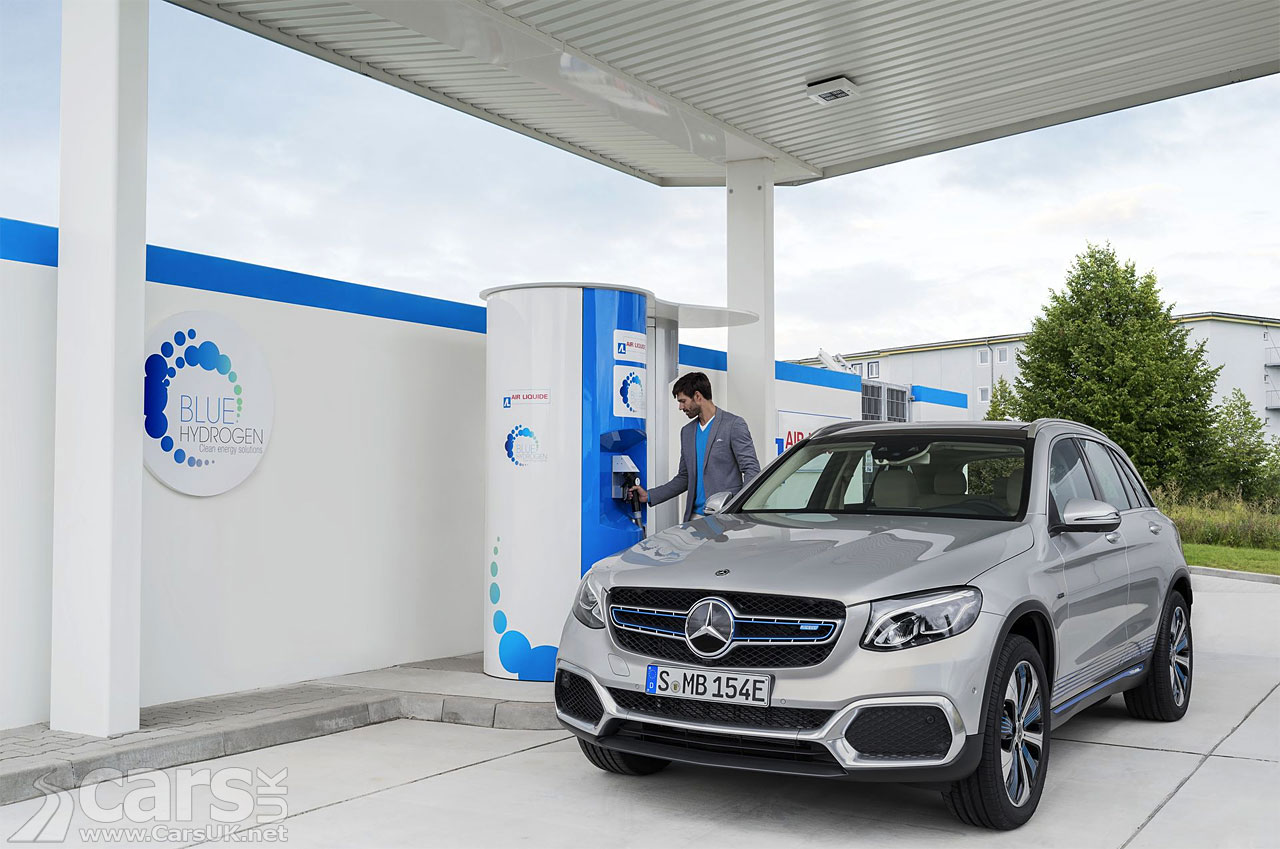
Bosch takes a big punt on a HYDROGEN future for cars
Bosch, the world’s biggest car parts supplier, is gambling on a future for hydrogen cars with a partnership with Powercell Sweden, a hydrogen fuel-cell maker.
With all the commotion around the rapid move to electric cars, all the focus, or almost all the focus, is on electric cars.Volkswagen, in particular, appears to have put almost all its chickens in the BEV basket (although it is playing a small long game too with a tie-up with Hyundai) planning a huge roll-out of new electric cars in the next few years. And, for the first time ever, probably, it’s a huge roll out of product which has no clear demand from buyers to back up the huge investment.
Instead, the drive to churn out BEVs is driven by legislation which will cripple car makers who don’t slash the average CO2 levels produced by their cars, and the BEV is seen as a panacea, delivering zero tailpipe emissions at the point of use.
It’s quite the gamble, especially as there is another route to creating emission-free cars (and commercial vehicles) which comes with the added advantage that it feels much like a regular ICE car to own and drive – the hydrogen fuel cell.
Of course, as there is with any relatively new product, there are big downsides to hydrogen cars, from cost to infrastructure, but we can’t ignore the potential of a power source which uses the most plentiful element in the universe to create electric power and zero emissions at the point of use.
VW may have put its faith in a BEV future, but car makers like Toyota, Hyundai and even Daimler are still committed to finding a hydrogen future for transport, and now you can add to that list the world’s biggest car parts maker – Bosch.
Bosch has joined forces with Powercell Sweden, a maker of hydrogen fuel stacks, to co-develop polymer-electrolyte membrane fuel cells which Bosch will then make under a global license, adding to Bosch’s existing hydrogen products and be lunched by 2022.
Bosch reckons the fuel cell business will be worth billions for them in the long-term, and expects 20 per cent of electric vehicles to be powered by hydrogen fuel cells y the end of the next decade.



Have your say - leave a comment